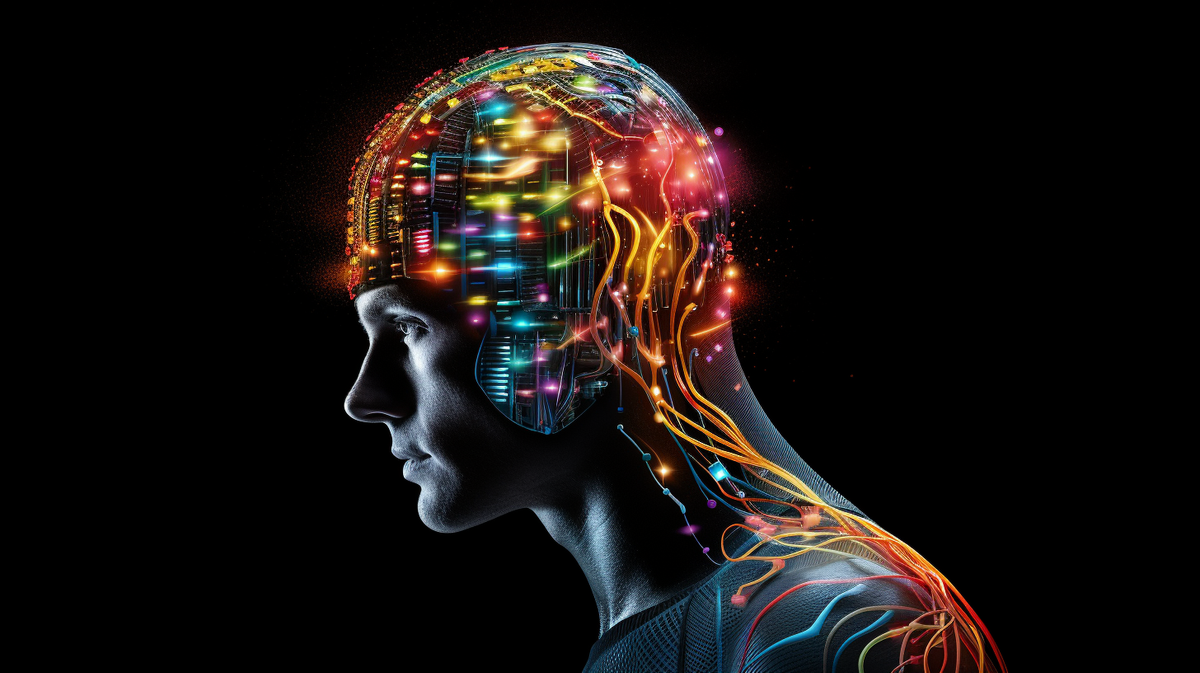The Athlete's Brain: Tailoring Cognitive Tasks
The key isn't finding the "perfect" cognitive task, but selecting tasks that match the sport's cognitive demands.

Every athlete needs both physical strength and a sharp brain to excel in their sport. But how do we choose the right cognitive tasks for each sport? It's like looking for a needle in a haystack. The key isn't finding the "perfect" cognitive task, but selecting tasks that match the sport's cognitive demands. By customizing these tasks, we ensure athletes face the right amount of cognitive load, helping them adapt and perform better. To do this effectively, we need to clearly understand the differences between cognitive demands and tasks.
Demystifying Cognitive Training in Sports
Cognitive training focuses on strengthening specific cognitive demands like memory, attention, and decision-making—all crucial for an athlete's success. Just as physical training targets certain muscles, cognitive training hones in on particular cognitive demands.
Key Distinctions in Cognitive Training
To dive deeper into cognitive training, it's vital to understand the difference between two main concepts: cognitive demands and cognitive tasks.
Cognitive Demands vs. Cognitive Tasks
Cognitive Demands: These are the specific skills or abilities we aim to enhance in an athlete. For example:
- Working Memory: This lets athletes hold onto and use information momentarily, essential for understanding and adapting during games.
- Attention: This skill allows athletes to focus on what matters and block out distractions, crucial for reacting appropriately in games.
- Response Inhibition: This is about controlling impulsive actions, vital for making quick decisions in fast-moving sports.
Cognitive Tasks: These are the specific exercises designed to boost these skills. Just as you'd pick a certain exercise in the gym to build a specific muscle, in cognitive training, we choose tasks tailored to enhance skills like memory or focus. And, these tasks can be modified to fit each athlete's unique needs and progression.
Connecting Demands and Tasks
In cognitive training, the focus is on selecting exercises (tasks) aligned with our desired outcomes (demands). It's essential to identify our goals before choosing the exercises that will help us reach them.
Physical vs. Cognitive Training: Drawing Parallels
Training athletes involves both their bodies and brains. Just as there are various exercises for physical strength, like squats or leg curls, there's a range of exercises for cognitive performance. The key is picking tasks that match the sport's cognitive requirements. The true power of training isn't just in the exercise chosen but in how it's adapted. In physical training, we adjust exercises by changing weight, repetitions, or combining movements to increase or decrease difficulty. Similarly, in cognitive training, we modify exercises by changing their intensity, and duration, or applying a specialized training mode to make them more or less challenging.
Consider a basketball player working on improving their attention skills. While there are many tasks available, the challenge is finding the right fit. But, it's not about a "perfect" task; it's about adjusting a chosen task for the right challenge level. For instance, if you pick a sustained attention task and the athlete performs exceptionally in the first week, it doesn't mean the task is too easy. Instead, consider adjusting it for a greater challenge. Here's how:
- Heart Rate Zone: Have the athlete perform the task while maintaining a certain heart rate, adding a physical challenge.
- Time Penalties: Add 15 seconds to the task for every error, motivating the athlete to stay focused and accurate.
- Pacing Mode: Alert the athlete if their performance drops, urging them to maintain their pace and focus.
The approach is simple: Choose a cognitive demand to work on, pick a task, adjust its challenge level, monitor progress, and refine as needed. The goal isn't to keep changing tasks but to adjust them to meet the athlete's evolving needs.
Cognitive training may appear complex at first glance, but with a clear understanding of cognitive demands and tasks, it becomes manageable. By focusing on specific mental goals and adjusting exercises to meet them, athletes can truly enhance their mental game, giving them an edge in their sport.
🌐 Connect With Us
🌍 Soma Technologies: Engineered to enhance human performance.
📸 Instagram: Dive into our world through exclusive photos and stories.
👥 Facebook: Join our community for the latest updates and discussions.
📈 LinkedIn: Connect with us professionally and stay informed about industry news.
🎥 YouTube: Watch our latest videos, tutorials.
🐦 X: Follow us for instant updates, news, and engaging tweets.
